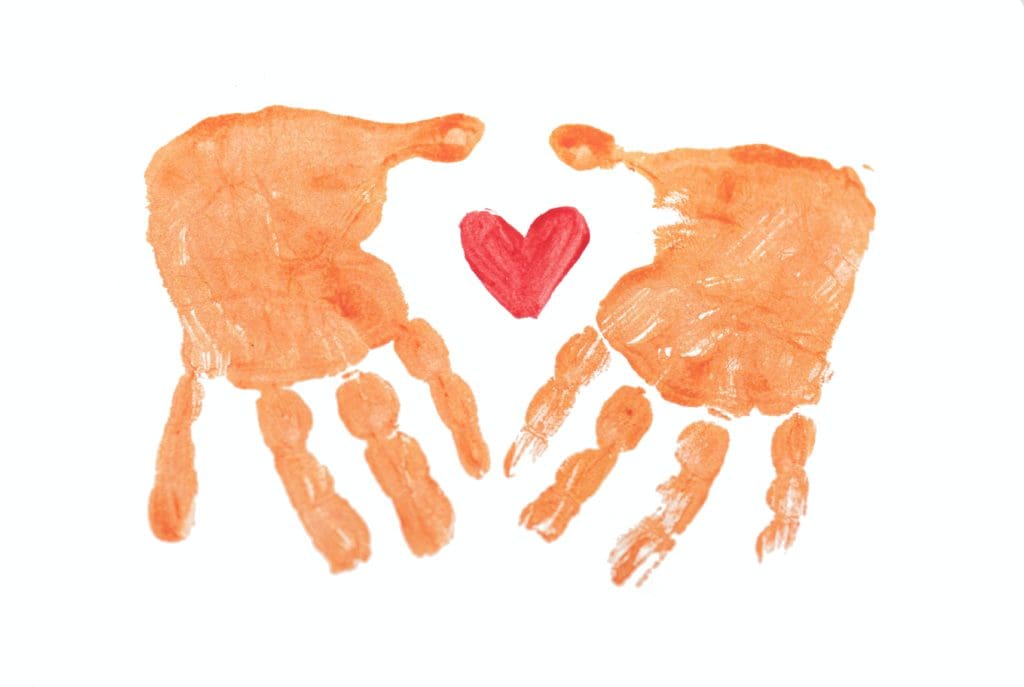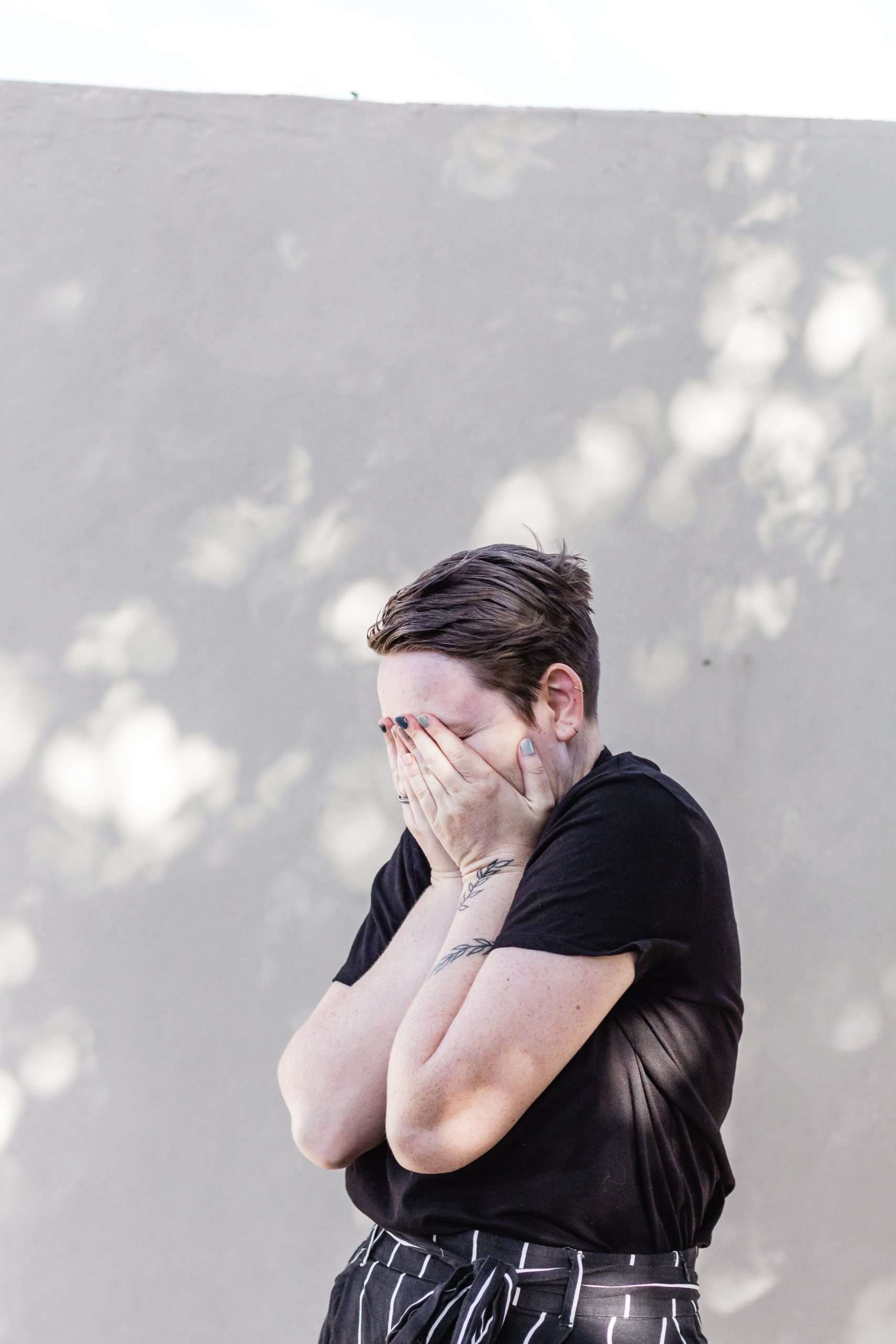Even if you have decided to ditch dieting and are focused on LIVING your life and caring for your here and now body unfortunately a majority of the rest of the world has not. Finding or building your own community that feels safe and supportive to your journey of healing from dieting, disordered eating or disordered exercise and separate from diet culture is so valuable. But how do you navigate the moment you inch a toe just outside the diet culture free compassionate space of your community or clinicians room?
It may be a family member, friend, healthcare provider, co-worker, fitness instructor or many other possible people who are in your life.
You might feel heat rising in your body and spreading across your face, your stomach might drop or sink, your palms might become sweaty or clammy, you may feel your heart rate increase, you may notice your breathing change. You might notice anger, anxiousness, fear, dread, sadness, tension, disappointment or something else.

What Do I Do?! HELP!
First things first:
What you may choose to do or not do will depend on what feels like the best way for you to take care of yourself in that given moment or situation. Taking care of yourself is number one here.
While not an exhaustive list by any means, below are some examples of what you might say or do (or not do). It can be helpful to try these on when you aren’t actively in the situation you may need them for so you have a chance to see how they feel. What might that sound like or feel like for you? Does that feel like an option you want to keep in your back pocket? You may like to practice saying something out loud or role play with someone you trust (remember that community? This includes any care providers you trust too).
— Some Ideas —
- You may choose to not engage at all to begin with:
- You may decide the best way to take care of yourself is to actually remove yourself physically from that situation/conversation and not engage directly (if you can).
- You may choose to directly change the subject:
- “Did you end up booking that vacation?”
- “How did that project turn out?”
- “Did you see (insert fave TV show) this week?”
- “Wow I love that pattern, do you know I have been thinking about starting to sew?…..”
- You may choose to re-direct the conversation:
- “We don’t get to catch up very often, I would really love to spend time hearing more about ………”
- “I would rather not spend our time talking about diets and food, there are so many other things I want to hear about! What happened with……”
- “There are so many things I value about you that have nothing to do with your body size or shape. You have such a good sense of humor and always make me laugh, remember that one time…….”
- You may choose to tackle it head on:
- “I’ve been working on my relationship with food and eating and don’t want to talk about diets or weight loss anymore as it’s really unhelpful for me”
- “I find that talking about diets and weight loss is really unhelpful for how I feel about my own body and would rather hear about how……..has been going”
- “Some of the ways you are talking about bodies are really unkind. I don’t like to talk about anyone or any bodies like that.”
- “I don’t prescribe to diet culture’s unrealistic standards or expectations about food, eating and bodies anymore.”
- “I am working on accepting my body and finding peace with food and eating and this topic/conversation isn’t supportive of that”
- “I don’t talk about my body or other peoples bodies like this anymore as it is actually harmful for health and feeds into unrealistic beauty standards I am working to not live by anymore”
- “We come in all sizes, shapes, colors, ages and abilities. The way you are talking about your body (or other bodies) is hard to hear because it is so unkind and can cause harm. I would prefer if we talk about bodies, we talk kindly about and with respect for all bodies.”
- You may choose to offer compassion and curiosity: (*If you are in a place where you want to and also feel ready for this. Remember, take care of yourself first. Does opening up for further conversation feel safe for you in the given moment? Do you have the capacity for it? Would this feel like the best way to move forward given the person/people and situation for you?)
- “I hear you are feeling uncomfortable in your body, Iv’e been there but am doing things differently now. If you want to talk about it sometime let me know.”
- “That sounds unpleasant, is that something you might want to talk with someone about?”
- “I’m sorry you feel that way about your body/food, that sounds really (insert appropriate emotion). It doesn’t have to be like this. I have some good books/a podcast/a blog etc if you want to read about a different approach?”
- “Oh man, our culture really makes it hard to feel at peace in our own bodies and relaxed with our eating. I’ve been working to break up with a lot of this unhelpful messaging. Have you heard of HAES/Intuitive Eating/Non-Diet approach?”
- “I won’t care about you any less or any more if your body changes in size and shape.”
Self-Care in the Aftermath

Whatever you choose to do or not do, unfortunately not everyone will agree with and support how you are choosing to take care of yourself. Not everyone will be willing to face their own biases, prejudices and even fears. Not everyone will be respectful of your boundaries (another longer conversation).
Taking care of yourself after, no matter what happened, is important.
- Debrief with a trusted person
- Journal about it
- Take a walk in nature, a warm shower or bath, engage in a creative activity, watch a funny show-offer yourself something that is part of how you take care of yourself


